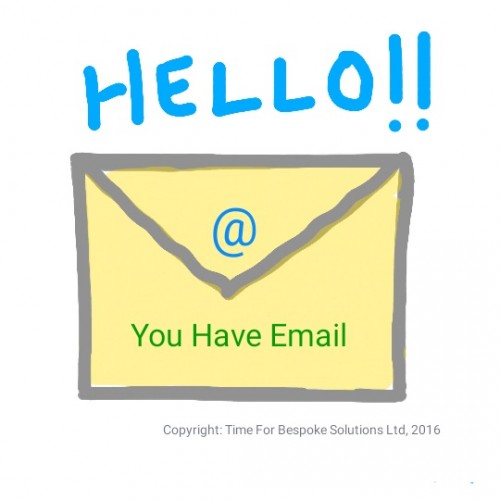John is sitting at his desk. His colleague, Karen, has just passed the printer and noticed that he had earlier printed off a document that was still lying there. She decides to be nice (in fact she’s always nice!) and picks up the document and brings it over to his desk. Karen says, “I found this in the printer, realised it’s yours and thought I should bring it over. Oh, and by the way, you can help yourself to some cake. I brought it in because today it’s my birthday.” John is too busy to even raise his head, let alone say anything. He just ignores her as if she had not lifted a finger or said a word. Yes, you can relate to this type of behaviour. It’s something that occurs every day, in many offices. “STOP! What is he talking about? No it doesn’t. I have never seen anyone being that rude to someone they work with.”
Well I am going to challenge you. Just because you have never seen it, doesn’t mean that it never happens. Just because you never hear the one sided polite gesture, doesn’t mean that the rude silence has not occurred. Just because the other person is sitting at a screen in a different location, doesn’t mean that they don’t feel precisely the same way that ‘birthday cake’ Karen felt when John ignored her kindness. Yes, I am talking about how we communicate (or fail to!) with each other when using email, and for that matter, text and social media posts.
So let’s run the scenario again, but this time the two participants are in different offices (different businesses even). Karen sends John an email. It says something like: ‘Hi John. Found this extra piece of information that I thought you might find useful. All the best. Karen’. Moments later John receives the email, reads it and thinks to himself; ‘Yes that is useful’. He then forwards it on to his team and goes back to what he was doing. Karen meanwhile is still at her desk, and some hours later is thinking to herself: “Did he get my email?; Was it useful?; Maybe he’s on holiday; Is he annoyed with me about something?; Maybe he thinks I am interfering too much or that I am an idiot.”
Karen, you are not an idiot. John is the idiot, and apart from his lack of manners (not hugely different to the original example) he quite frankly doesn’t appreciate you or your thoughts. Or at least that is the impression he has firmly left you with today! It may not be the impression John intended, in fact he probably feels entirely the opposite towards Karen. But the lack of an appreciation of the impact of his actions (or in this case lack of action) means that he is unwittingly either causing confusion or harm, or at the very least not taking an opportunity to encourage effective behaviour from Karen in the future. Bad enough if Karen is a work colleague, but considerably more so if Karen is a customer or supplier to John’s business. As a professional, surely part of your role is to ensure that you don’t do anything that implies that you are not fully engaged with one of your customers, let alone making them feel, even momentarily, the way Karen is feeling.
An email is not really that different to a conversation, and as such you should consider this every time you receive one (OK, excluding junk mail etc.). If someone is communicating with you, how hard is it to quite simply ping back a ‘thanks’? One word that says so much. It says that you have received the email; that you value the part the person is playing in the wider process; that you are happy to treat them as your equal; that you are appreciative. If they came up to your desk with the information would you not say ‘thanks’? Would it be acceptable to ignore them on that occassion, using the excuse that you were far too busy to acknowledge their existence? I very much doubt it. So, just because it’s an email, don’t ‘not do it’ just because you can’t see them, and all around you can’t see what’s happening. Stay professional, and focus on portraying the best possible image of the business you are representing whilst dealing with its customers and suppliers.

